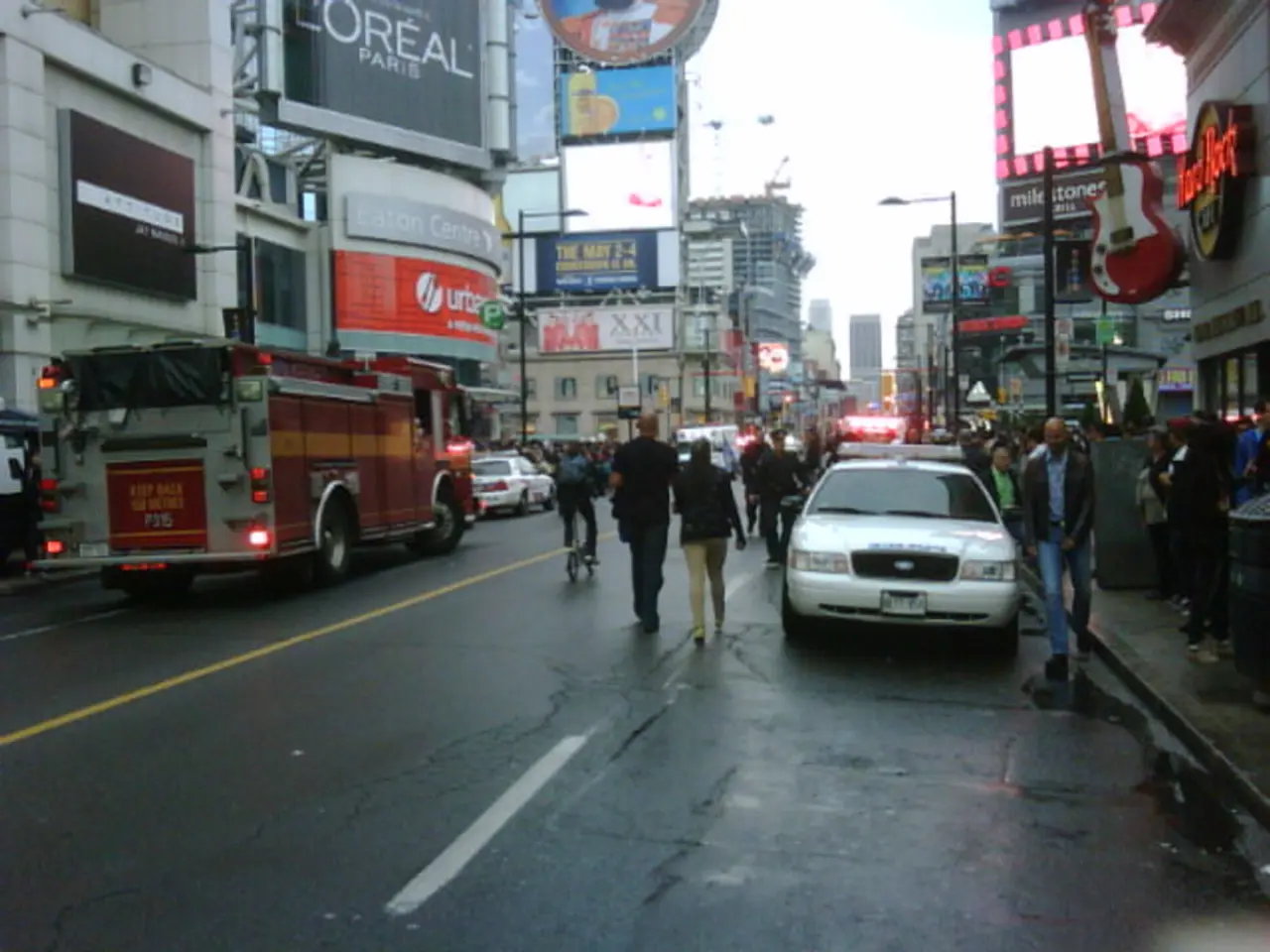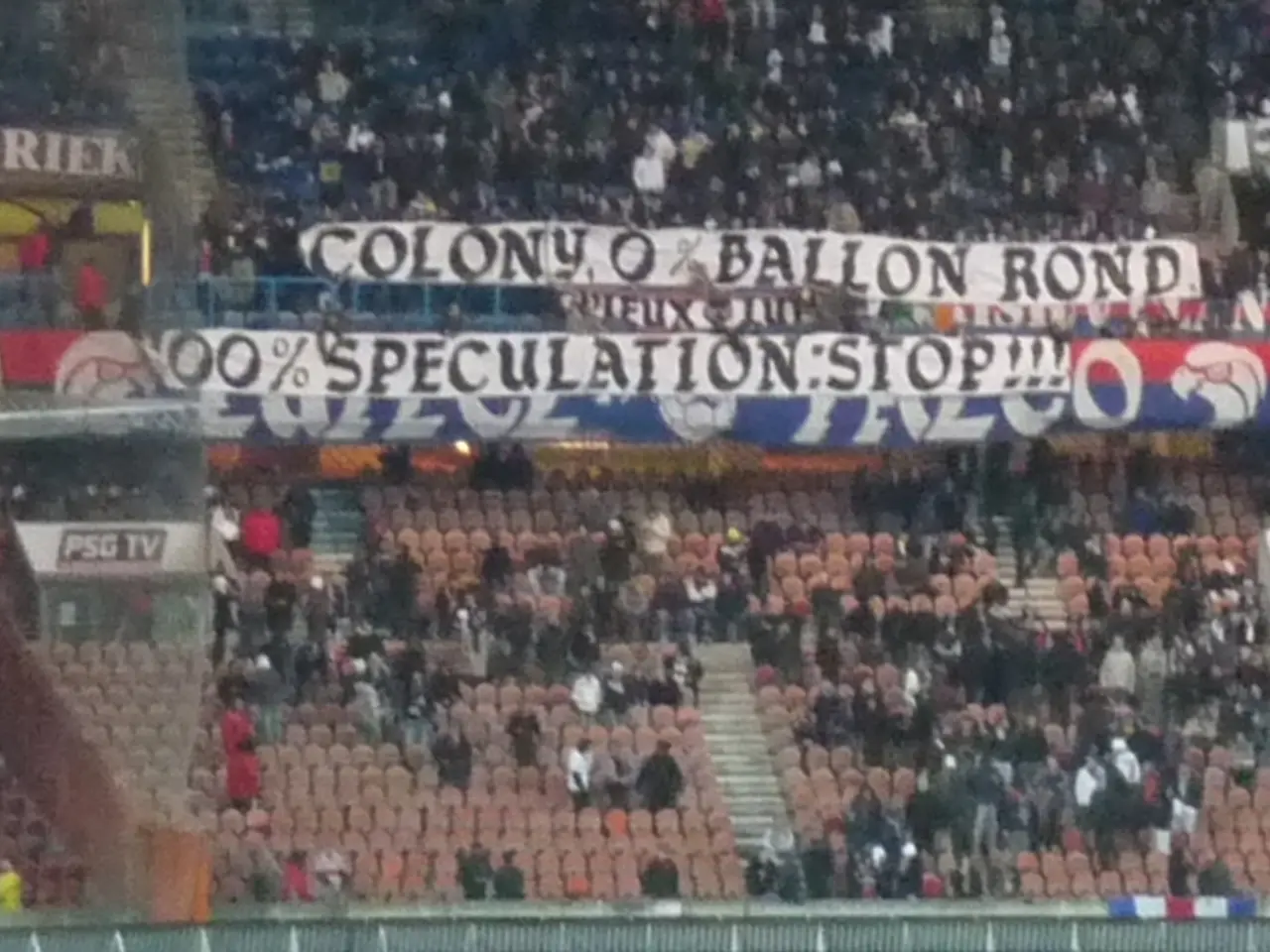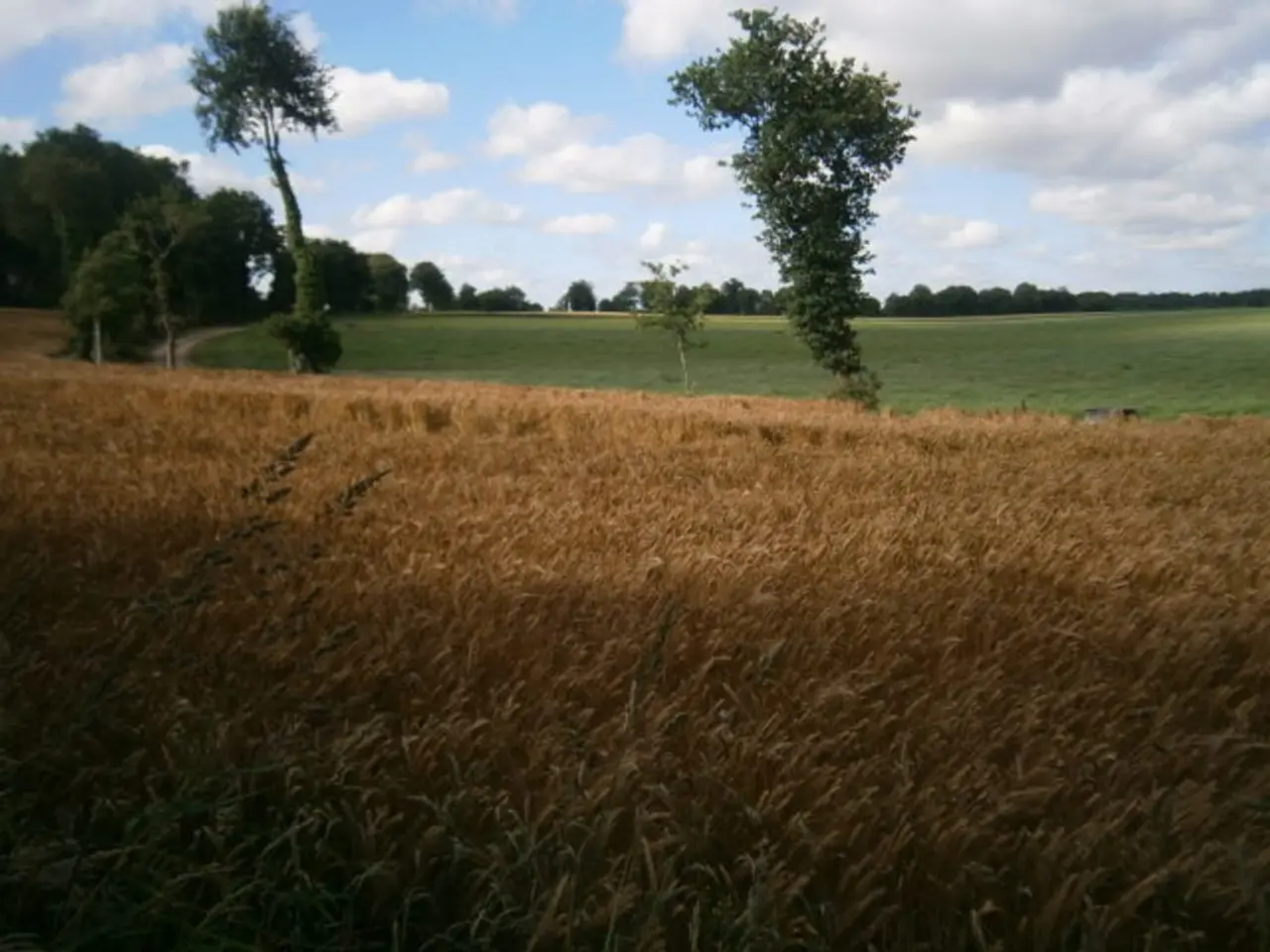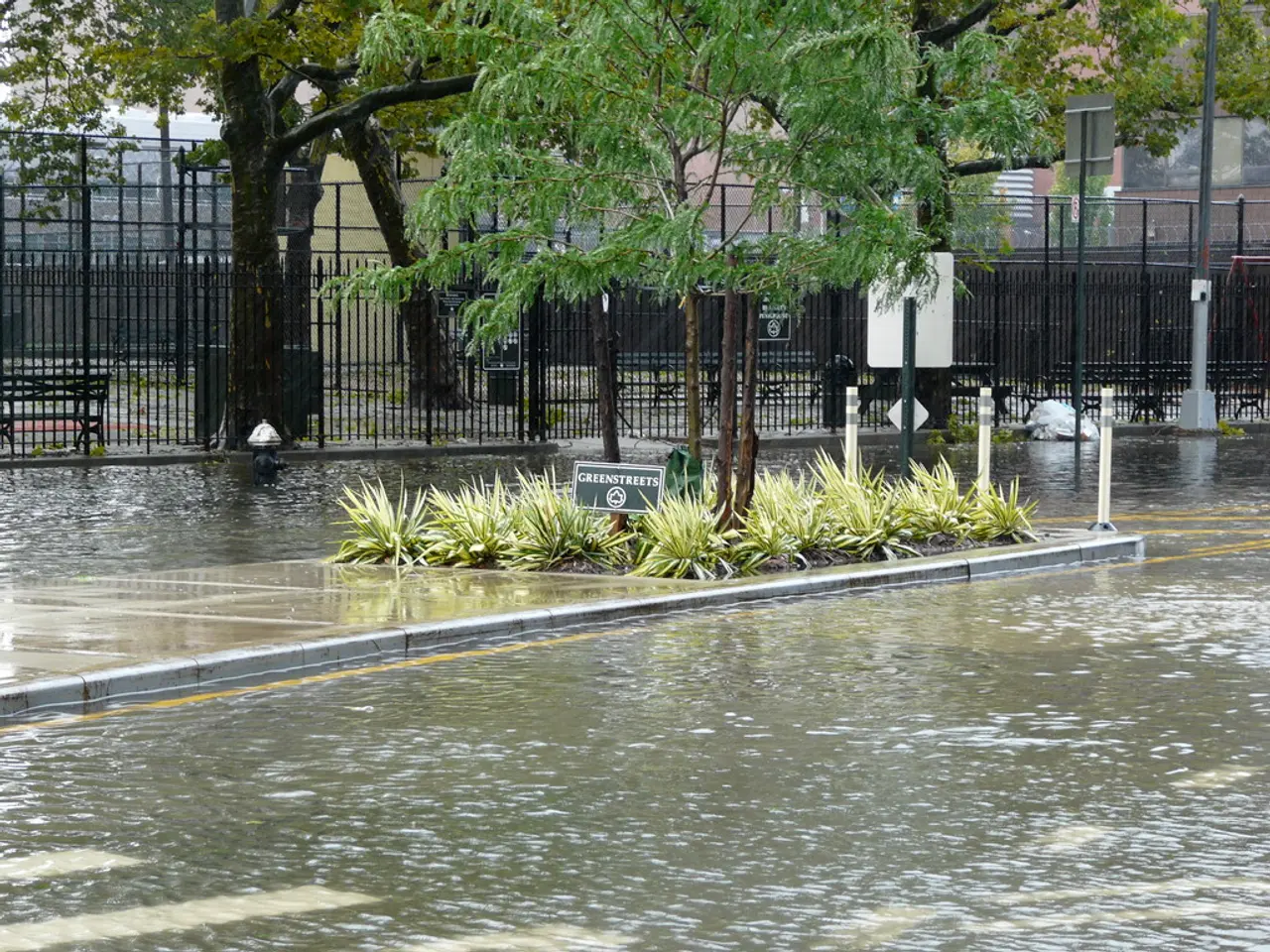Investment hotspots due to escalating demand and limited land availability in Cape Town and Durban.
South Africa's logistics and industrial sector, particularly in Cape Town and Durban, is offering unique value propositions for investors and occupiers as supply chain strategies globally shift toward nearshoring, flexibility, and resilience. These two cities, Cape Town and Durban, have emerged as Africa's most investable logistics and industrial markets.
Land Scarcity and Rising Demand
Land scarcity is a critical driver of rental growth and demand for industrial space in both cities. Cape Town is experiencing limited industrial land availability, leading to rising rents and lower vacancies, while Durban has not seen new 'flood-free' industrial land for over a decade, pushing demand upward in existing zones.
E-commerce Expansion
E-commerce expansion is pivotal, accelerating demand for premium, well-located industrial and logistics facilities, particularly near ports and urban centers. Cape Town benefits from a tech-savvy tenant base with growing e-commerce, while Durban's proximity to port infrastructure offers a decisive cost advantage.
Localisation Trends
Localisation trends support sustained growth in certain manufacturing sectors and associated logistics, notably food, beverages, motor vehicles, electrical equipment, and furniture sectors. Government incentives have further encouraged localisation-related industrial demand despite challenging economic conditions.
Climate Risk and Resilient Infrastructure
Climate risk leads investors and occupiers to prioritize industrial zones and assets resilient to environmental risks, such as flooding, which is especially relevant for Durban. This focus enhances asset value through sustainability and operational resilience, resulting in longer lease tenures and higher industrial rents.
Supply Chain Reconfiguration
Supply chain reconfiguration toward more agile, resilient, and operationally aligned logistics real estate supports investment in areas like Bracken Gate and Richmond Park in Cape Town and near Durban's port facilities. This integration of third-party logistics (3PL) growth and future-proofing facilities for shifting global demands is a significant factor in the current investment trends.
In Durban, mini-units and small-format warehouses measuring 100sqm to 500sqm are in high demand as small businesses shift from traditional retail to fulfilment-based industrial space. Rents and vacancies in Cape Town's industrial market are rising due to a period of semigration, operational stability, and land constraints.
More than half of logistics markets are projected to experience rental growth through 2027, driven by strong occupier demand. E-commerce alone has surged 289% globally in the past decade and is now the leading demand driver in the Americas and EMEA regions.
In summary, Cape Town and Durban represent South Africa’s hottest industrial and logistics investment hubs due to constrained land supply, rising e-commerce-driven demand, emphasis on localisation, and the critical need to mitigate climate risks through resilient infrastructure and operations. Investors are shifting focus to aligning business strategies with location and asset selection, emphasizing long-term sustainability and climate resilience. Development hotspots such as Brackengate and Richmond Park are expanding in Cape Town, while gentrification in older nodes like Epping and Parow unlock additional opportunity. However, in Durban, chronic land shortages and rising operational costs have created a landlord-favored market.
- The increase in demand for industrial space in Cape Town is predominantly driven by land scarcity, leading to higher rents and lower vacancies due to limited industrial land availability.
- Durban, on the other hand, has been devoid of new 'flood-free' industrial land for over a decade, resulting in demand for existing zones to escalate.
- Rapid expansion in the e-commerce sector is amplifying the demand for high-quality, well-located industrial and logistics facilities, particularly those situated near ports and urban centers, with both cities reaping benefits.
- Investors and occupiers are increasingly focusing on industrial zones and assets that are resilient to environmental risks, such as flood-prone areas in Durban, as climate risk assumes greater importance in business strategies, thereby enhancing asset value and prolonging lease tenures.







